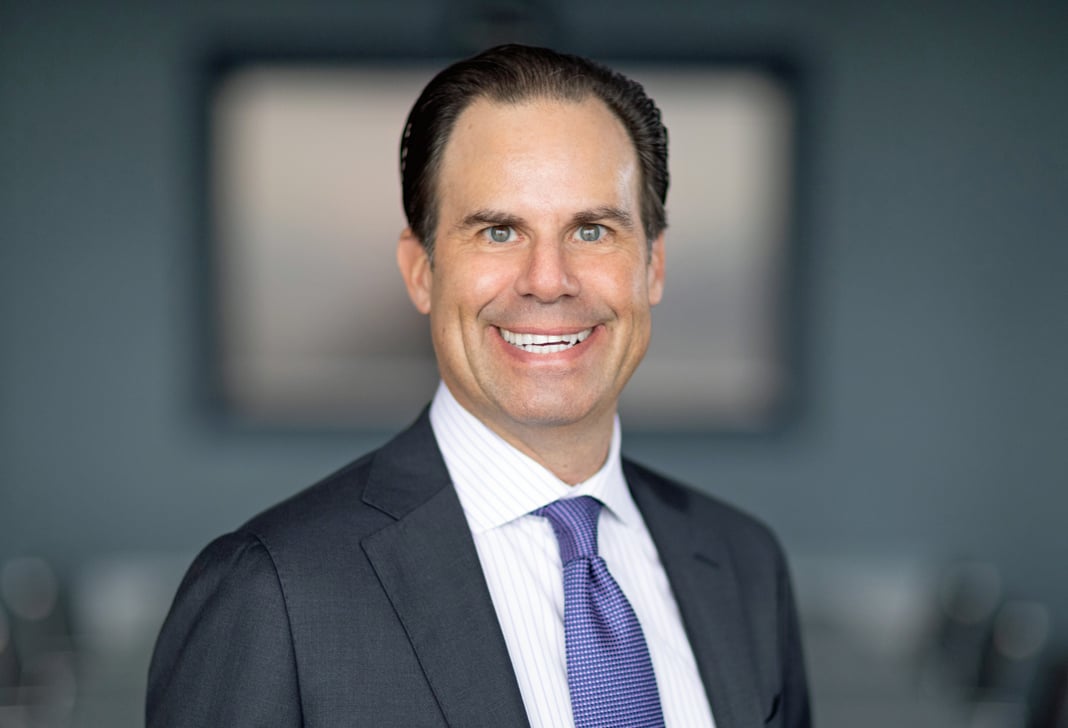
Venture Capital in Crypto Winter
Investors remain optimistic about prospects in the fintech sector and companies at various stages of development continue to attract attention.
Watch partner Tim Curry and industry thought leaders who attended Jones Day’s inaugural FinAccelerate program talk about investment and strategic opportunities in 2023.
A full transcript follows:
Matt Enriquez: The buzz is finding solutions, finding use cases that make it easier for people to do business, whether that's sort of enterprise focused or retail focused. Everyone is excited about FinTech, excited about blockchain, excited about crypto because of the opportunities to make things easier, more efficient, more cost effective for folks.
Tim Curry: The venture market is still really healthy. One of the big take homes that we've been using is that it's still up over every year other than 2021. And 2021 was a banner year for venture funding, including in the FinTech space. And while 2022, especially the second half of 2022 is down off of those highs, it's still higher than 2020, still higher than 2019. So while it may not be the greatest financing environment that we've ever seen, it's still top two, top three, and it's a really healthy environment.
Elliot Han: There are transactions that are happening, they're probably happening at a much lower valuations, and the pace is definitely slower. There's a lot more diligence going on as well. It allows companies to really focus on their product, and two, for the investors, it gives them an opportunity right now to actually deal with companies that are building real products or services. A lot of the ones that are just kind of quick, fast money have been flushed out, because more time is being spent diligencing what they're doing.
Tim Curry: Where you're seeing the most pressure, especially in terms of valuations, is in the monster unicorn companies, companies that were in valued in the multi billions of dollars. I'm seeing very little pressure at the other end of the market, the true startups that are just closing their first couple of rounds of financing because their exit events are four, five, or six or seven years out and nobody knows what the economy or what the stock market's going to be looking like then, and so therefore, they're able to still sell on the promise and on the later liquidity dates.
Christopher Britton: And people have got the time to delay until they get a bit more visibility on where things are going to happen and what's going to happen with the recession that's coming up. I think personally, the recession's going to be significant, but short and sharp because of that volume of capital, and so 9 to 12, maybe 15 months time, we're going to see a lot of capital come back into the sector, particularly at the late stage, and we're going to be hopefully back on track.
Stephen MacKenzie: What we're seeing is companies that have raised lots of cash in say '21 and the beginning of '22, that they're sitting on the sidelines. They've got two, three, four years of runway left, their heads down building products. So that's going to be the interesting space to see what do they build? When do they come back up in the next two, three years? That's going to be the exciting time.
Elliot Han: We do feel that things are going to get better, and this is why we're doubling down during this time period where it has been quiet in terms of actual transactional work, but it's been very busy on the conversations we've been having, building our relationships, laying the groundwork, not just with the crypto companies or the blockchain companies that are in the space, but also with a lot of the institutional investors.
Tim Curry: The big sea change that I've seen is that it used to be that things like SAFEs and convertible notes were what you did before you ever did your first priced round or your first preferred stock round. Now we're getting a lot of those questions for companies that have done one, two, or three priced rounds and they're just not sure they want to do another priced round right now in this environment. They want to take a little breather, take a little time, see what happens in their industry, see what happens in the stock market. If you can get out to February or March or maybe later next year, and then you can get there by doing a SAFE or a convertible note, it's a great place saver to get you over that hump, maybe through a development milestone, maybe to revenue, maybe to a different product launch, and then you'll be that much more attractive when you do your next priced round.





